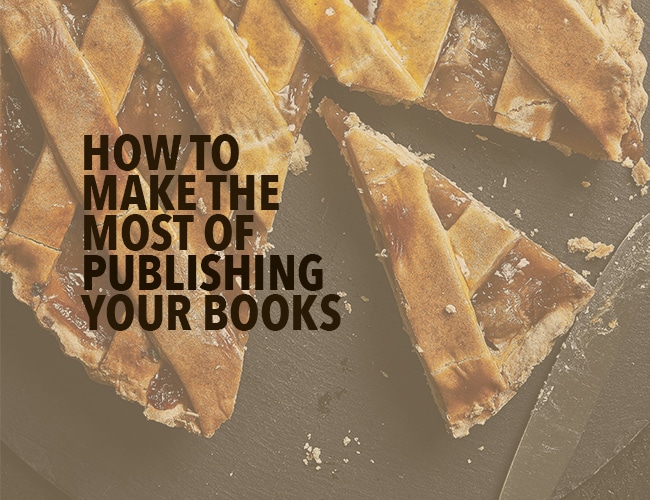
by Joslyn Chase |
Are you making the most of your writing, sharing it in all possible formats and getting it in the hands of readers? Your writing is more expansive than you might imagine. Here’s how to make the most of it.
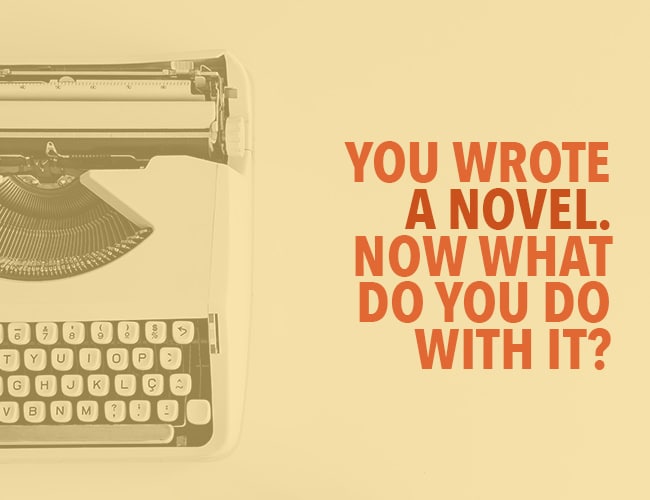
by Joslyn Chase |
So you wrote a novel. Now what do you do with it? The life of an indie writer is rife with challenges. When it comes to publishing and marketing a book you’ve written, there are countless decisions to be made and lots of work to be done.
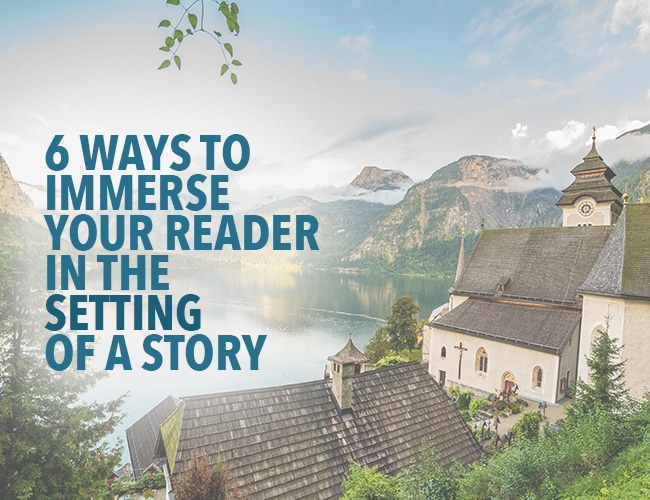
by Joslyn Chase |
Imagine The Shining taking place in a shopping mall. Or the movie Se7en set in sunny Florida. It just wouldn’t work. Setting plays a vital part in the success of these stories, and it should in your stories, as well.
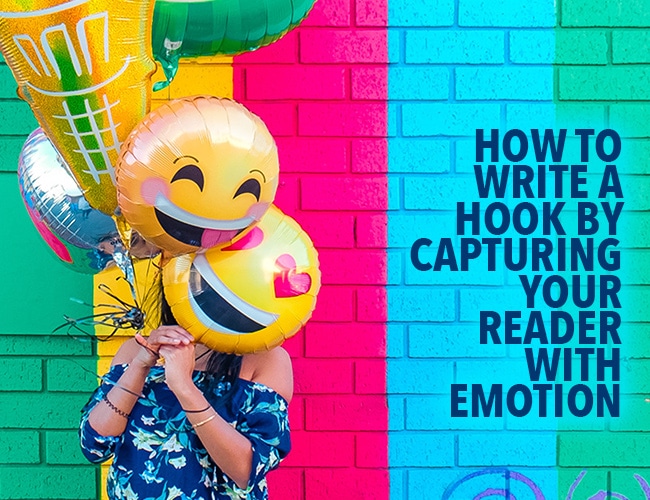
by Joslyn Chase |
What do readers demand from the stories they read? They expect to be entertained, to learn something, to be intellectually challenged, charmed, or tickled. Readers want to have questions raised and answered and they love action, chases, and puzzles. But above all, readers read to feel something, to be stirred emotionally.
That’s why learning to craft an emotion-baited hook can be one of the most powerful tools in your toolbox. So let’s take a look at how to do that.
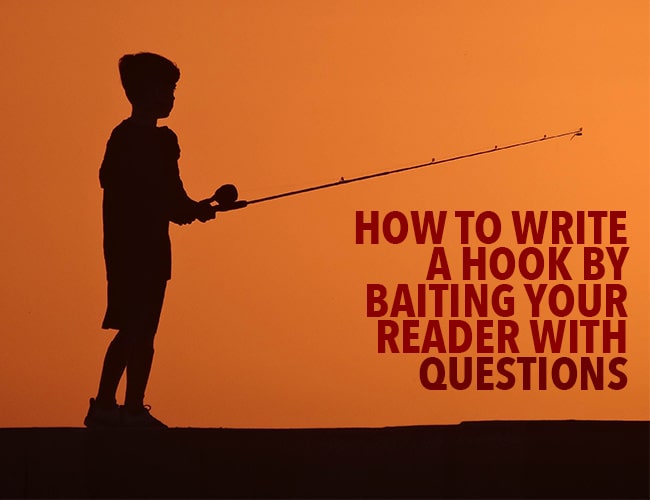
by Joslyn Chase |
If your aim is to write engaging fiction—stories that people will read and clamor for, even shell out their hard-earned cash to acquire—there is something very important you need to understand. You are an entertainer. And that means you need to know how to write a hook that will capture your reader and keep her turning the pages.







